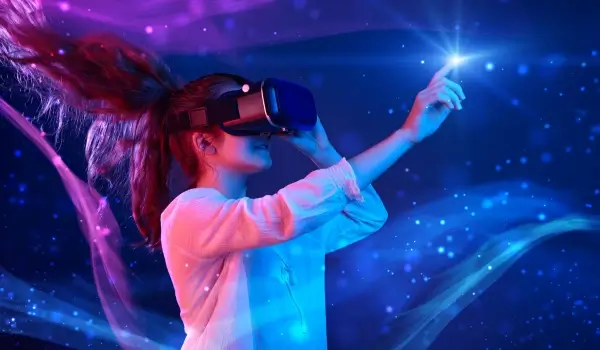Blurring the Line Between Reality and Fiction
Virtual reality (VR) offers immersive experiences that can blur the boundaries between the virtual and the real world. While this can be an exciting advancement, it also raises concerns about how users may be influenced by these virtual environments. For instance, prolonged exposure to violent or manipulative VR scenarios might desensitize individuals, potentially impacting real-world behavior and decision-making. As VR becomes more integrated into daily life, it’s essential to reflect on how it shapes perceptions, ethics, and social values.
Privacy and Consent in Virtual Spaces
The rise of VR introduces complex questions about privacy and informed consent. When users engage in virtual experiences, they often share personal data, including behavioral patterns, preferences, and even biometric information. This data can be valuable for improving VR systems but also presents risks of misuse or exploitation. Moreover, ensuring that users fully understand what data is collected and how it will be used is crucial for building trust in VR platforms. Clear consent practices and robust data protection policies are essential safeguards.
The Potential for Empathy or Exploitation
On one hand, VR has shown promise in fostering empathy by allowing users to experience life from another’s perspective. Educational and training simulations, for example, can deepen understanding of complex issues like poverty, climate change, or health challenges. On the other hand, VR can also be used to exploit emotions, manipulate perceptions, or spread misinformation. Striking a balance between educational benefits and potential for harm is a moral responsibility that developers, users, and regulators must consider.
Looking Ahead: Ethical Frameworks for VR
As VR technology evolves, so too must the ethical frameworks guiding its development and use. Industry leaders, policymakers, and educators must collaborate to establish guidelines that protect users from harm while promoting positive societal impact. From content moderation to safeguarding mental health, these frameworks should ensure VR enhances, rather than undermines, our shared values and well-being.
Final Thoughts
The moral implications of VR are far-reaching, impacting how we interact, learn, and perceive the world. By addressing these challenges proactively, we can harness the benefits of VR while safeguarding society from its potential risks.

